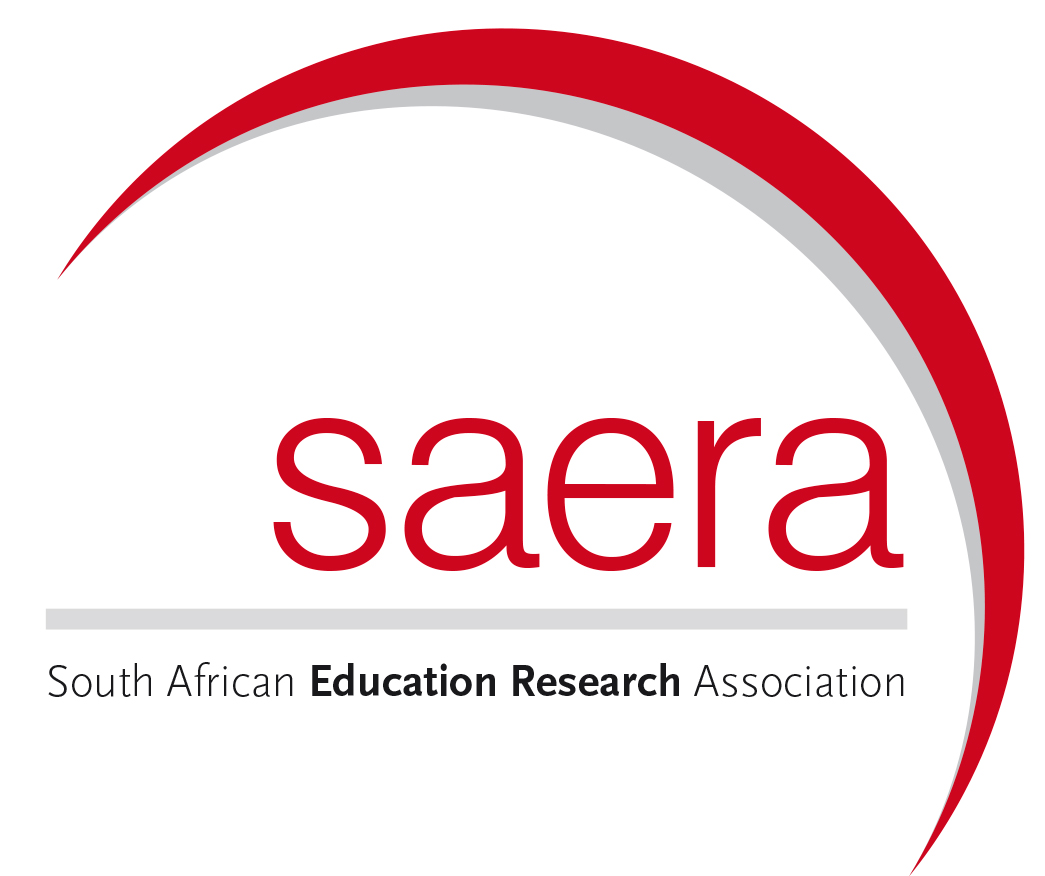Original Research
Education in a ‘neoliberalised’ online teaching and learning space: Towards an affirmative ethics
Transformation in Higher Education | Vol 7 | a205 |
DOI: https://doi.org/10.4102/the.v7i0.205
| © 2022 Lesley Le Grange, Suriamurthee Maistry, Shan Simmonds, Anja Visser, Labby Ramrathan
| This work is licensed under CC Attribution 4.0
Submitted: 18 April 2022 | Published: 03 November 2022
Submitted: 18 April 2022 | Published: 03 November 2022
About the author(s)
Lesley Le Grange, Faculty of Education, Stellenbosch University, Cape Town, South AfricaSuriamurthee Maistry, Faculty of Education, University of KwaZulu-Natal, Durban, South Africa
Shan Simmonds, Education and Human Rights in Diversity Research Unit, North-West University, Potchefstroom, South Africa
Anja Visser, Education and Human Rights in Diversity Research Unit, North-West University, Potchefstroom, South Africa
Labby Ramrathan, Faculty of Education, University of KwaZulu-Natal, Durban, South Africa
Abstract
The sudden mass migration of teaching, learning and assessment to the digital terrain because of the COVID-19 pandemic resulted in the global proliferation of scholarship. This scholarship ranges from romantic notions of the opportunity to revivify curriculum and pedagogy in what was deemed an underutilised educational technology (online) resource space to scholarship contemptuous of this newfound romance. This has exposed the potential affordances of online teaching and its adjunctive exclusionary effects. Whilst the authors recognise the short-term benefits of adapting advanced technology for educational purposes, they provoke the question as to the obliterative potential of technology for the human (university academics in this instance) and the non-human/more-than-human. It is, however, without contention that the neoliberal university, driven by the economic viability and sustainability imperative, gives precedence to curriculum delivery and student support to secure degree completion targets even within academic timeframe (year) constraints. As such, it is likely to neglect the cogent matter of the affective as it relates to both academics, students and the non-human. In this conceptual article, Rosi Braidotti’s critical posthumanist perspective is drawn upon, offering both critical and affirmative propositions for moving forward in engagement with technologies in emerging educational online spaces. Firstly, critical perspectives are offered on some challenges of the neoliberal contouring and new regimes of accountability and surveillance that appear to have become more efficacious in the digital space. Secondly, it is acknowledged that humans live in a technologically mediated world and need to navigate this world in productive ways. Braidotti’s philosophy of affirmative ethics helps us to invigorate affordances of educational technology that are hopeful. This article’s contribution lies in alternative imaginings of educational technology, so that technology can be used in ways that advance pedagogical lives and social relations.
Keywords
affirmative ethics; COVID-19 pandemic; critical posthumanism; educational technology; neoliberal university; online education.
Metrics
Total abstract views: 2128Total article views: 1974
